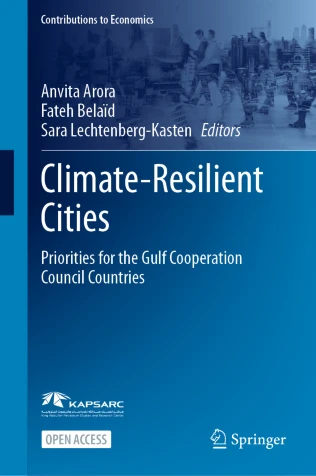In this commentary, we investigate the contexts in which car users located in five areas of Riyadh (south, north, east, west and central) would prefer to use transit for their trips. We focused on parking fees and car users because the car is the most used travel mode in Riyadh.

Fellow- Transportation & Infrastructure
Dr. AHM Mehbub Anwar is a fellow at KAPSARC. He currently leads the Energy Decision Model for Maritime, which results…
Dr. AHM Mehbub Anwar is a fellow at KAPSARC. He currently leads the Energy Decision Model for Maritime, which results in research outcomes as well as advisory inputs for the energy ecosystem across the Kingdom. This project investigates future port activity including seaborne trade and fuel consumption in the shipping sector both locally and globally. He also works on the KAPSARC Spatial Urban Energy System (KSUES) project. Prior to joining KAPSARC, he worked in Transport for New South Wales (TfNSW), a state government organisation, as a transport planner, and at the University of Wollongong (UOW) in Australia as a researcher. He led the update on the state of transport in the TfNSW regions as part of the strategic planning for its Future Transport 2056. He has also worked as a lecturer at Khulna University of Bangladesh, and was later promoted to a professor in urban transport planning. He holds a Ph.D. with an examiners’ commendation for an outstanding thesis from the UOW. His thesis focused on modeling travellers’ preference heterogeneity.
Expertise
- Urban sustainable mobility
- Port activity
- Alternative fuels and enerygy efficiency
- Choice modeling
- Future transport strategy at local and national level
Publications See all Ahm Mehbub Anwar’s publications

Future Seaborne Exports and Their Impacts on Bunker Energy Demand: An Estimation of Saudi Container Seaports
In this commentary, we investigate the contexts in which car users located in five areas…
22nd May 2025
A Review Approach to Understanding the Current Status of Port Resilience: Lessons Learned for GCC Ports
In this commentary, we investigate the contexts in which car users located in five areas…
14th January 2025
